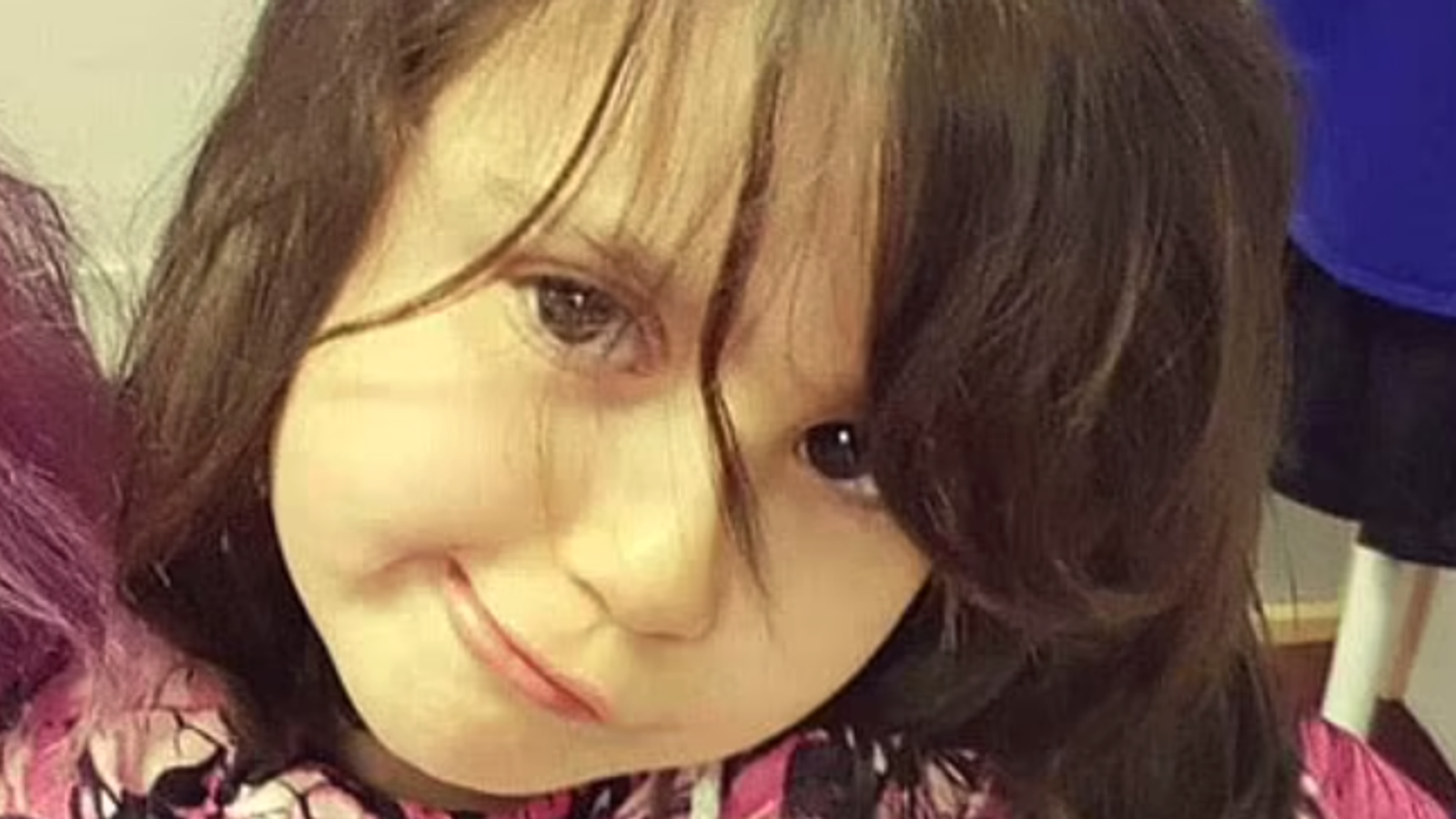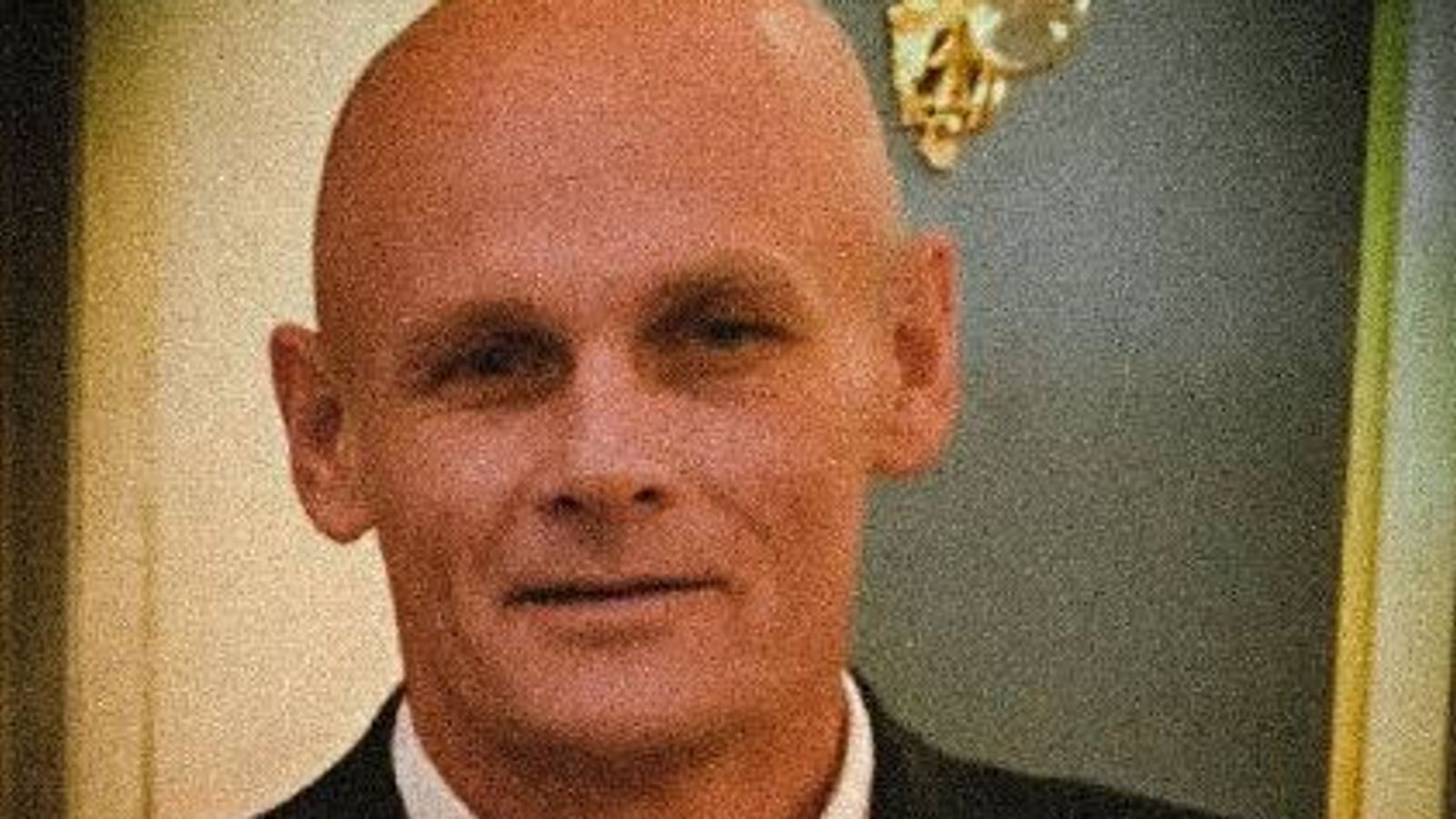Billionaire make-up mogul Huda Kattan has told Sky News she has “had enough” of filters and photo editing, as they have warped modern beauty standards into something “unrealistic”.
Ms Kattan – known to her combined online 70 million following as Huda Beauty – is calling for greater transparency when photos have been manipulated through editing and filters.
The 37-year-old make-up blogger wants the public, influencers and beauty brands to highlight when pictures have been enhanced – through a hashtag or disclaimer that makes it clear when a photo has been digitally altered.
Without this, she believes people are sold “lies”, which can have the detrimental effect of damaging their self-confidence and self-esteem.
More than a third of girls and young women refuse to post pictures of themselves unless they’ve changed aspects of their appearance – typically with editing and filters, according to a survey by Girlguiding.
A problem, Ms Kattan told Sky News, is a bit too close to home.
She said: “I look at my daughter – she’s nine – she thinks it’s normal to use filters and I don’t like that.
“Is she going to grow up in a world where people are honest? Could that possibly happen? Is that too much to ask?”
Ms Kattan has decided to lead by example – and has personally committed to not using any filters on her skincare social media account.
She said: “I’ve had enough. When are we going to start being real?
“If I was scrolling through social media and I saw [a disclaimer], I would feel better about myself… because I would know there were experts involved to make this photo/person look the best they can.”
She does not have a problem with the use of filters per se – but claims they are problematic when you fail to “recognise the person”.
She says that is when they create “unrealistic, unhealthy standards” that need to be challenged.
The make-up artist and entrepreneur started her cosmetics line Huda Beauty in 2013.
As Ms Kattan’s online presence grew, so did her company – which Forbes valued at over $1bn (£800m) in 2018.
Ms Kattan is the middle daughter of Iraqi immigrants who settled in America in the small, mostly white and Baptist Oklahoma City, in Oklahoma.
Ms Kattan left the finance world for make-up eight years ago because she felt “ugly”.
Transforming her face, she says, was her way of fitting in. But in the ’90s – this was through make-up, not technology.
She said: “When I first got into make-up, I felt ugly. It was a tool that made me feel complete, worthy.
“I felt there was something lacking in me that lacked beauty… and if I put concealer on, foundation, changed my brows, put tonnes of mascara on that somehow I would look and feel better… but I was wearing a mask.”
Fast forwards a few years and the rise of filters on apps like FaceTune, Snapchat and Instagram have radically changed the game.
Now, within the press of a button, users can take pictures which create the effect of physical make-up.
This form of augmented reality allows users to radically change the appearance of their face – with typical options allowing users to achieve a contoured face, tanned and flawless skin, plumper lips, voluminous eyelashes and brightly-coloured eyes.
Ms Kattan said: “Airbrushing, Photoshop and filters have morphed beauty standards into something that is so unrealistic.
“[These levels of] beauty are never really attainable. You will always need to use something else – that’s the danger.”
But critics have called Ms Kattan out about her own personal use of cosmetic procedures – with some online calling her a “hypocrite”.
She said: “Some people say I’m part of the problem – fair.
“There was a time I had too much Botox, too much fillers… I am the part of a big problem, and I admit that. I’m also stuck in this revolving door, stuck in this never-ending game.”
But Ms Kattan says she now wants to be part of the solution – and claims she is speaking out as it is time to “break that habit” of overthinking how we look in pictures.
She wants all people – men and women alike – to move towards the “powerful” place of “self-acceptance”.
She admits it is a “long journey” – but one she will keep fighting.
“I’m in contact with a lot of founders (of beauty brands) and have asked them to join me… and I haven’t got any response from them.
“I’m hoping to put more pressure on them. I haven’t got a response just yet.”
She added: “I don’t know what everyone is so afraid of.”
Dr Tijion Esho, a cosmetic reconstruction doctor from London, thinks the pandemic may have amplified the problem.
He says he’s seen almost a 30% rise in clients who have come to him in the past year – often showing filtered pictures of themselves as a reference point for how they want to look.
Dr Esho said: “People used to bring in pictures of their favourite Hollywood stars, but now they’re bringing in pictures using Snapchat filters.”
He calls this the “Zoom Boom”.
“A lot of patients are now analysing what they’re looking like on those platforms (Teams and Zoom), similar to how they did on social media platforms.
“This has caused many insecurities.”
He says he’s had to reject a fifth of these patients – as for people with issues like body dysmorphia “treatment is not the way forwards”.
The pandemic has forced us to get used to the new normal. But is it time, perhaps, to embrace our normality?




